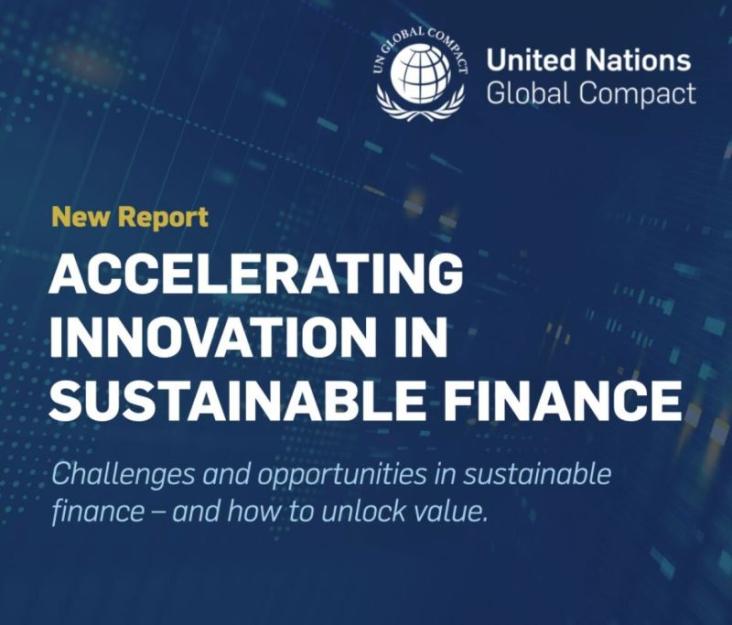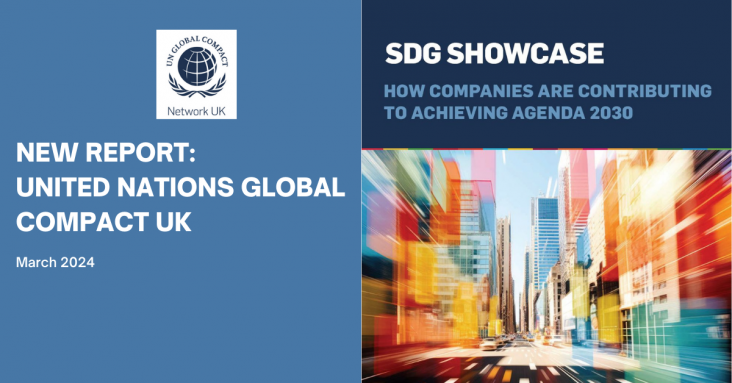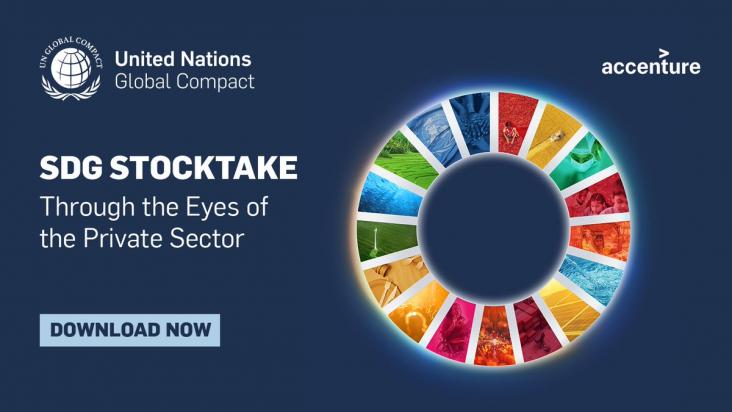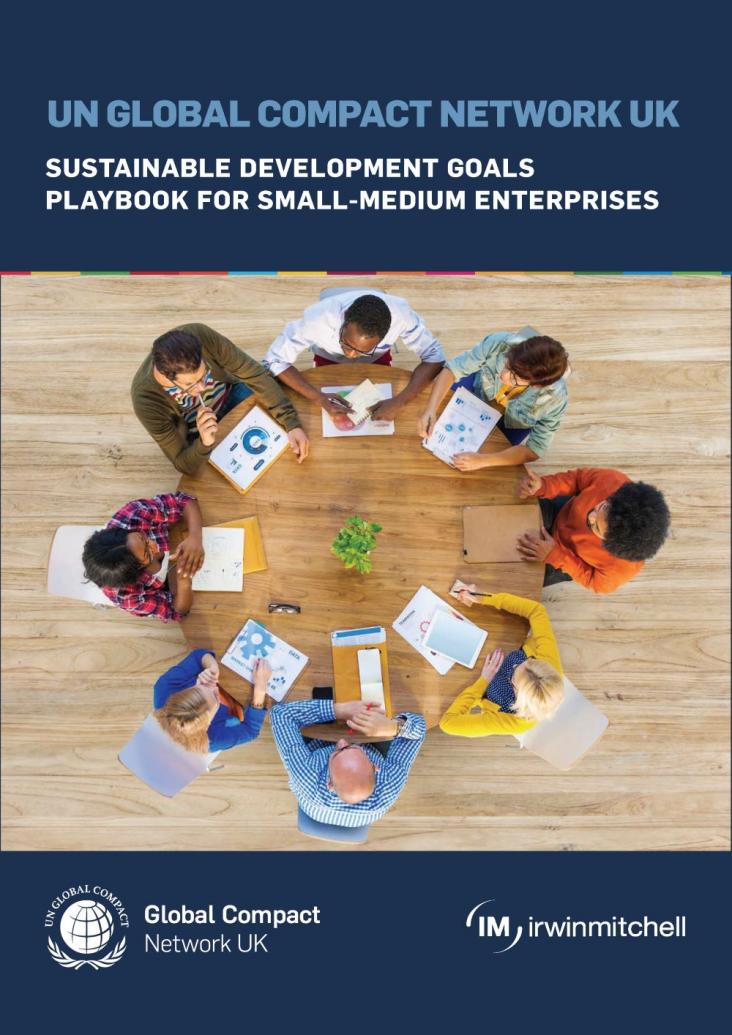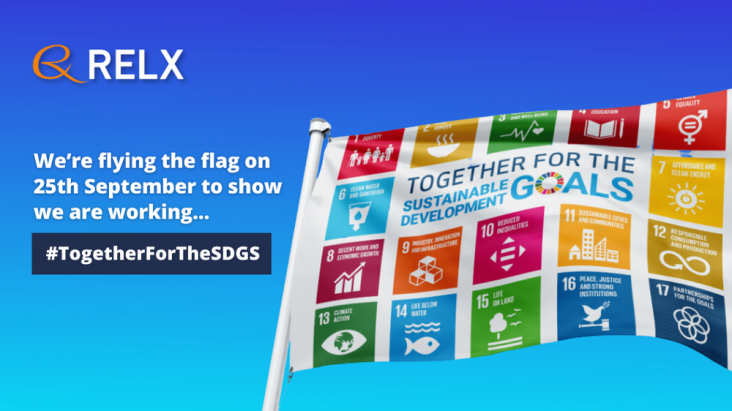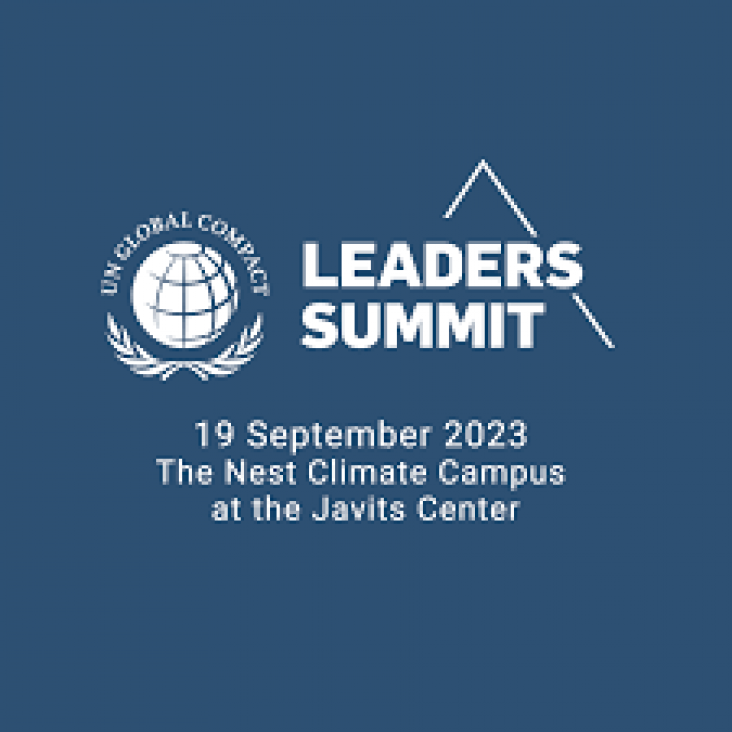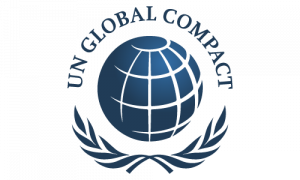The United Nations Global Compact is a voluntary initiative based on CEO commitments to implement universal sustainability principles and to take steps to support UN goals. The UNGC is a call to companies everywhere to align their operations and strategies with ten universally accepted principles in the areas of human rights, labour, environment and anti-corruption, and to take action in support of UN goals and issues embodied in the Sustainable Development Goals. The UN Global Compact is a leadership platform for the development, implementation and disclosure of responsible corporate practices. Launched in 2000, it is the largest corporate sustainability initiative in the world, with more than 9,000 companies and 3,000 non-business signatories based in over 160 countries, and more than 70 Local Networks.
RELX Group has been a signatory to the UN Global Compact since 2004 and its SDG Resource Centre will play an important role in the dissemination of business-driven knowledge, tools & resources, and expertise to advance the SDGs.
The United Nations Global Compact partnered with RELX Group for the launch of the RELX Group SDG Resource Centre on 21 June 2017.
Lise Kingo, former CEO and Executive Director of the United Nations Global Compact: the call to action to mobilise business behind the SDGs
To help companies strengthen competitiveness and resilience, the UN Global Compact Network UK, in collaboration with University College London, Newcastle University, and Euromonitor International, has developed the report “Trailblazers & Transformers: UK Business Sectors Redefining Sustainability,” examining how six high-impact sectors in the UK are performing against the Sustainable Development Goals (SDGs). Drawing on rigorous data and market insights, the report identifies sector-specific challenges, benchmarks performance, and presents actionable recommendations to support effectiv
The UNGC's latest report on “Accelerating Innovation in Sustainable Finance” offers models for businesses on how to deliver financial returns and positive global impact – together.
As we enter the ninth year since the adoption of the UN Sustainable Development Goals (SDGs) in 2015, the pressing need to meet these ambitious objectives becomes ever more evident. Launched as a universal rallying cry, the SDGs aim to address some of the world's most pressing challenges, from eradicating poverty and ensuring quality education for all, to tackling climate change and promoting peace in societies. With 2030 looming, the global community remains resolute in its mission, armed with a rejuvenated spirit of determination and collaboration.
The commitment to a sustainable future has never been stronger. The UN Global Compact Leaders Summit 2026 is here to solidify that promise.
The annual UN Global Compact Leaders Summit, recognized for fostering conversations between business magnates, governmental bodies, civil society, and stakeholders on the Sustainable Development Goals (SDGs), returns with fervor for its 2024 edition. Following a rousing success in 2024, this year’s summit promises to be not only a continuation but a leap forward in the right direction.
United Nations Global Compact, September 2019

